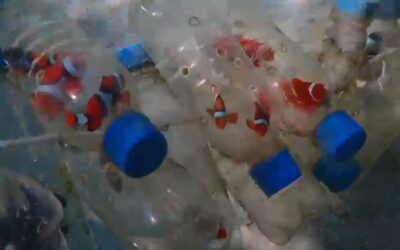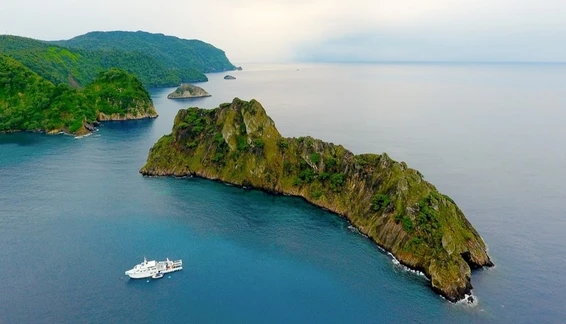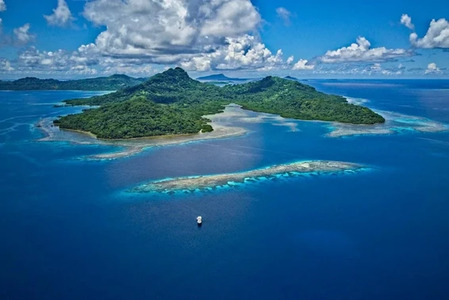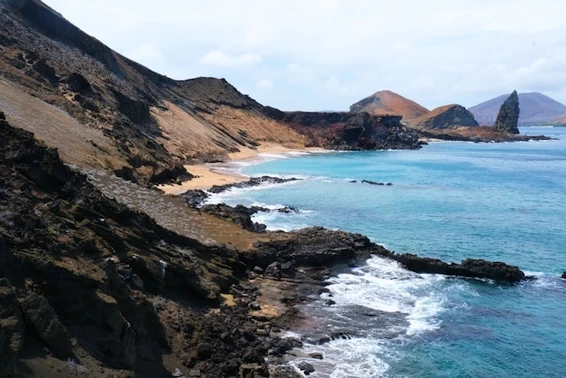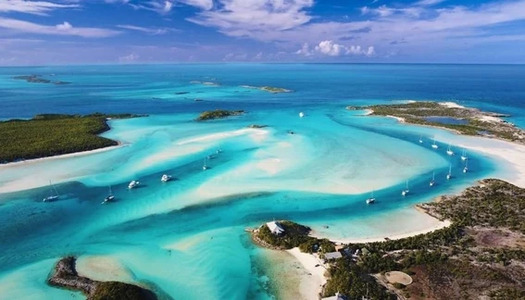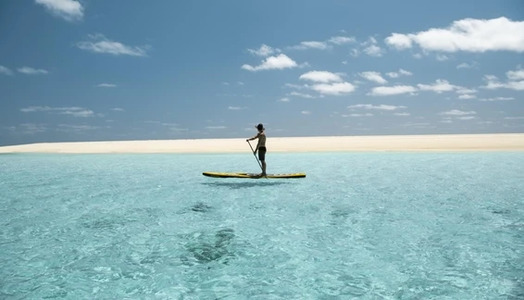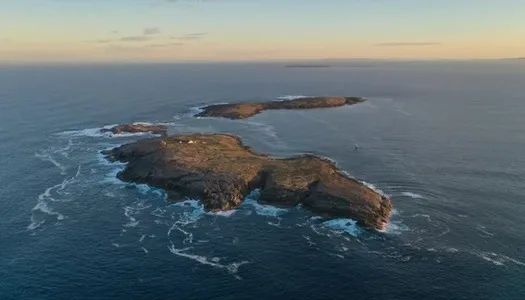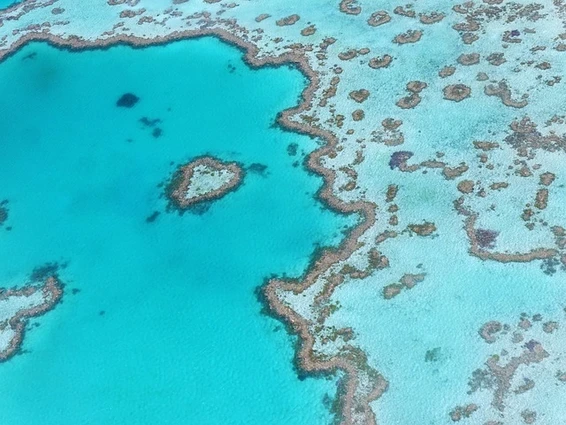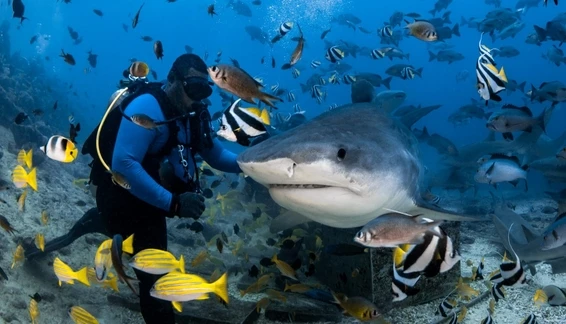Reefs and Parks
In the modern world, few marine locations offer healthy reefs without some form of organised protection. Like many of you, we are passionate about conserving these treasures for many future generations. When visiting marine parks, you are contributing to the well-being of the marine environment. We too visit and dive these destinations. In this section we highlight the good work that is being done to protect the marine environments in our recommended diving travel destinations.
Why are Coral Reefs Important?
Coral reefs are an essential element of the marine ecosystem and are under threat, primarily from climate change and unsustainable fishing methods. They support the web of underwater life and their destruction means disaster for populations of fish as well as the humans that depend on them. Insufficient food, the collapse of the lucrative tourist industry (increasing poverty) and land erosion are some of the consequences for local impacted human societies.
What Can be Done to Safeguard Coral Reefs?
Creating protected areas and national marine parks shows how local communities can get involved and benefit from preserving their marine resources. Governmental bodies need to be involved to ensure long-term planning and enforcement of protective policies. With strong government, NGO support and willing local participation, these areas really can flourish and provide sustainable, continuing returns for the oceans as well as local people.
The Benefits that Accrue from Marine Reserves
The creation of marine protected areas is bearing fruit. Reefs are recovering, alternative livelihoods are being forged by locals once involved in destructive fishing practices, and tourism income is being ensured on a longer term basis in dive destinations that seemed fated for a quick and permanent decline. Education of local populations and their children is creating more informed and in-touch coastal communities who understand and respect the fragility of their environment.
Recreational diving vacations can go hand-in-hand with conservation efforts. Scuba divers taking a vacation at these destinations bring in revenue which is used to further fund conservation programmes, help with clean-ups of beaches and waters, provide for the rehabilitation of reefs and mangrove plantations, implement patrols of the region and help with the enforcement of poaching bans.
Travel The World hopes you will find these articles enlightening and we encourage you to support marine protected areas by visiting them on a regular basis and getting involved where you can. Your tourist dollars are essential to the local economies you visit. If you dive conscientiously and with sensitivity, and contribute to the local community by paying a conservation fee, then your dive vacation has been wholly positive and you are playing a vital role in ensuring the well-being of the scuba destination.
Beyond the Rhetoric: The Reality of Marine Conservation in the Solomon Islands
While many locations and their range of stakeholders are enjoying the benefits of well-run marine national parks and marine protected areas, the situation in The Solomon Islands is somewhat different. On paper there are a number of protected zones and you will hear...
Cocos Island National Park: Costa Rica’s Remote Kingdom of Sharks
Aerial view of Cocos Island, Costa Rica. Photo courtesy: Argo The Cocos Island National Park is located in the Pacific Ocean, 330 miles (535 km) southwest of Cabo Blanco in Costa Rica. It covers 9 miles² (24 km²) of land and 760 miles² (1,977 km²) of ocean. It has a...
Protecting the Historic Truk Lagoon – Marine Conservation Efforts in Chuuk
Aerial shot of Truk Lagoon. Photo courtesy: Nippo Tonoas Chuuk Lagoon (Truk) and its surrounding waters in the Federated States of Micronesia (FSM) are part of the Coral Triangle, the global epicenter of marine biodiversity. The region boasts over 300 species of...
Galapagos Islands National Park and Marine Reserve – the Living Laboratory of Evolution
Turtles are abundant at the islands In 1959 the Ecuadorian government formed the Galapagos National Park. In 1978 the Galápagos Islands were among the first group of sites that were added to the UNESCO World Heritage List. By 1998 the Galapagos Marine Reserve had been...
Exuma Cays Land and Sea Park – a Pristine Marine Sanctuary in the Bahamas
The Exuma Cays Land and Sea Park (ECLSP) is one of the most extraordinary marine conservation areas in the world. Established in 1958, it holds the distinction of being the first marine park of its kind, setting a global standard for the protection of both marine and...
Rowley Shoals Marine Park – Western Australia’s Remote Underwater Paradise
Paddleboarding on the Rowley Shoals. Photo courtesy: Explore Parks Located off the coast of Western Australia, approximately 300 km from Broome, lies the Rowley Shoals Marine Park, a remote and pristine marine sanctuary renowned for its incredible coral reefs and...
Neptune Islands Group Marine Park – The Realm of the Great White Shark
The Neptune Islands Marine Park, South Australia. Photo: Rodney Fox Tucked into the wild southern reaches of the Great Australian Bight, off the coast of South Australia, lies a remote marine sanctuary known as the Neptune Islands Group (Ron and Valerie Taylor) Marine...
The Great Barrier Reef Marine Park: Conservation for the Future
Australia's Great Barrier Reef is the largest reef system in the world and as such it is included in CNN's Seven Wonders of the Natural World. It is an eco-system like no other and this was recognised in 1975 by the creation of a marine park and in 1981 by being added...
Shark Reef Marine Reserve: Fiji’s Shark Diving Sanctuary
Dive guide and tiger shark. Photo courtesy: Beqa Lagoon Resort Shark Reef Marine Reserve is the first protected marine sanctuary for sharks in Fiji. It was established in April 2004 and is located in Beqa Passage, just off the coast of Pacific Harbour on the south...
